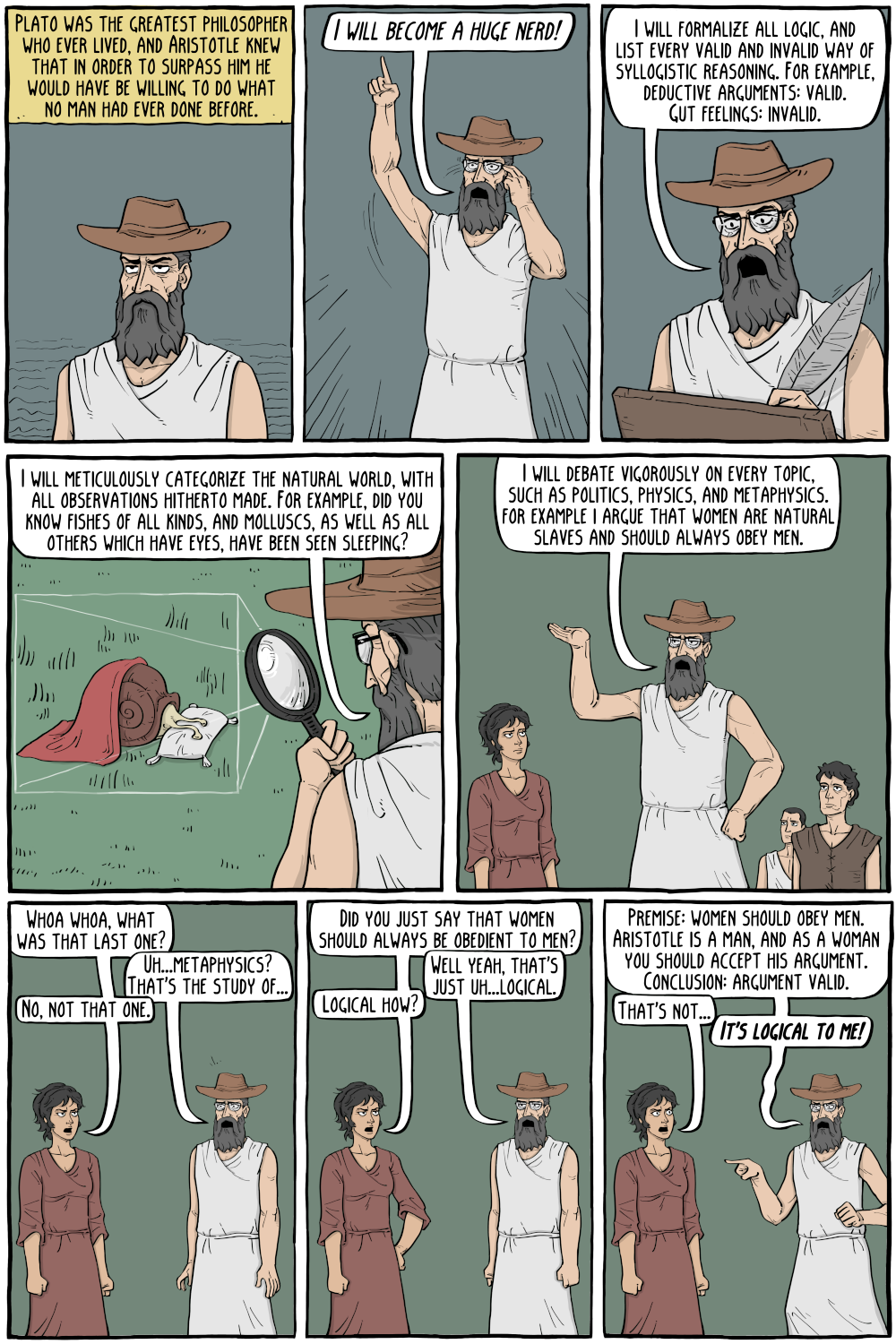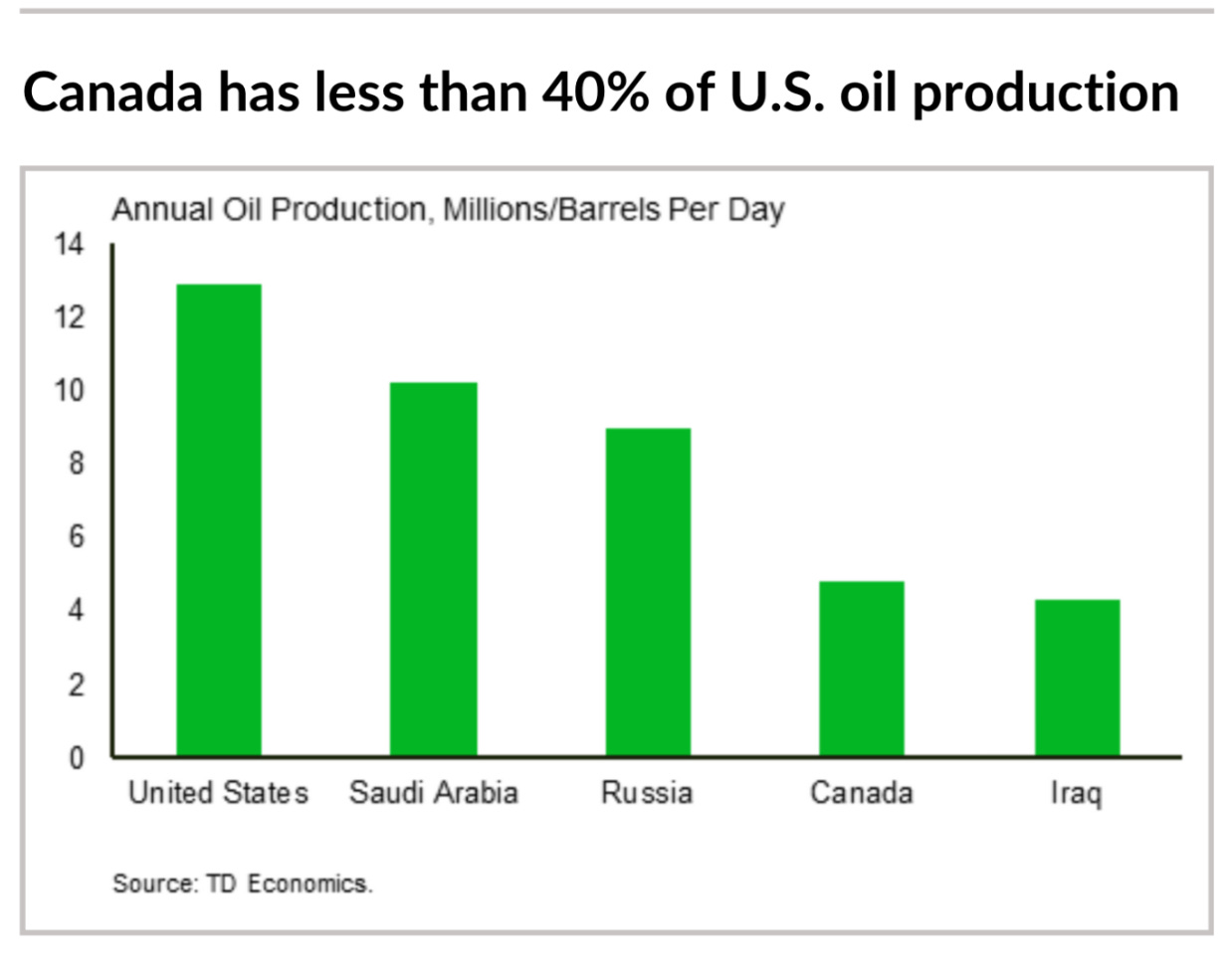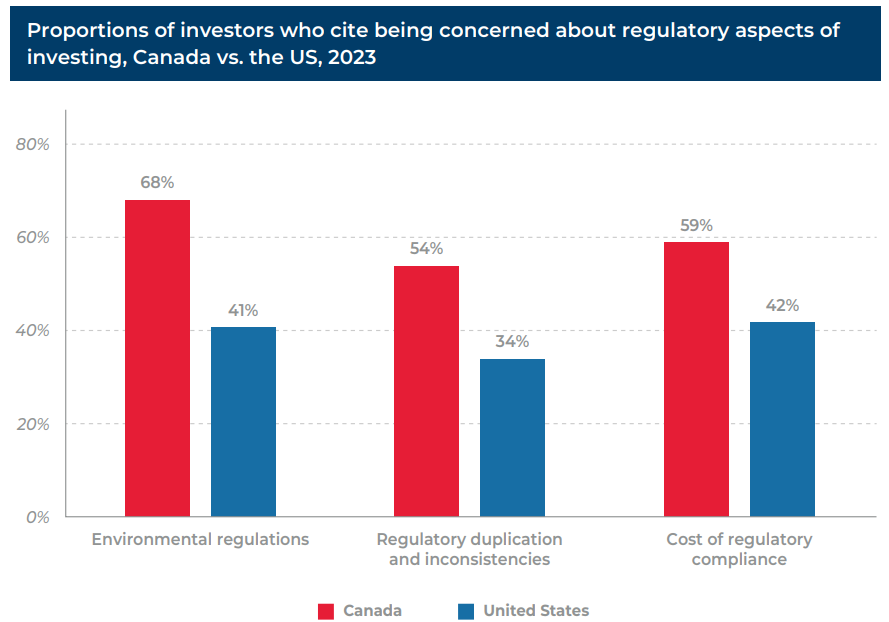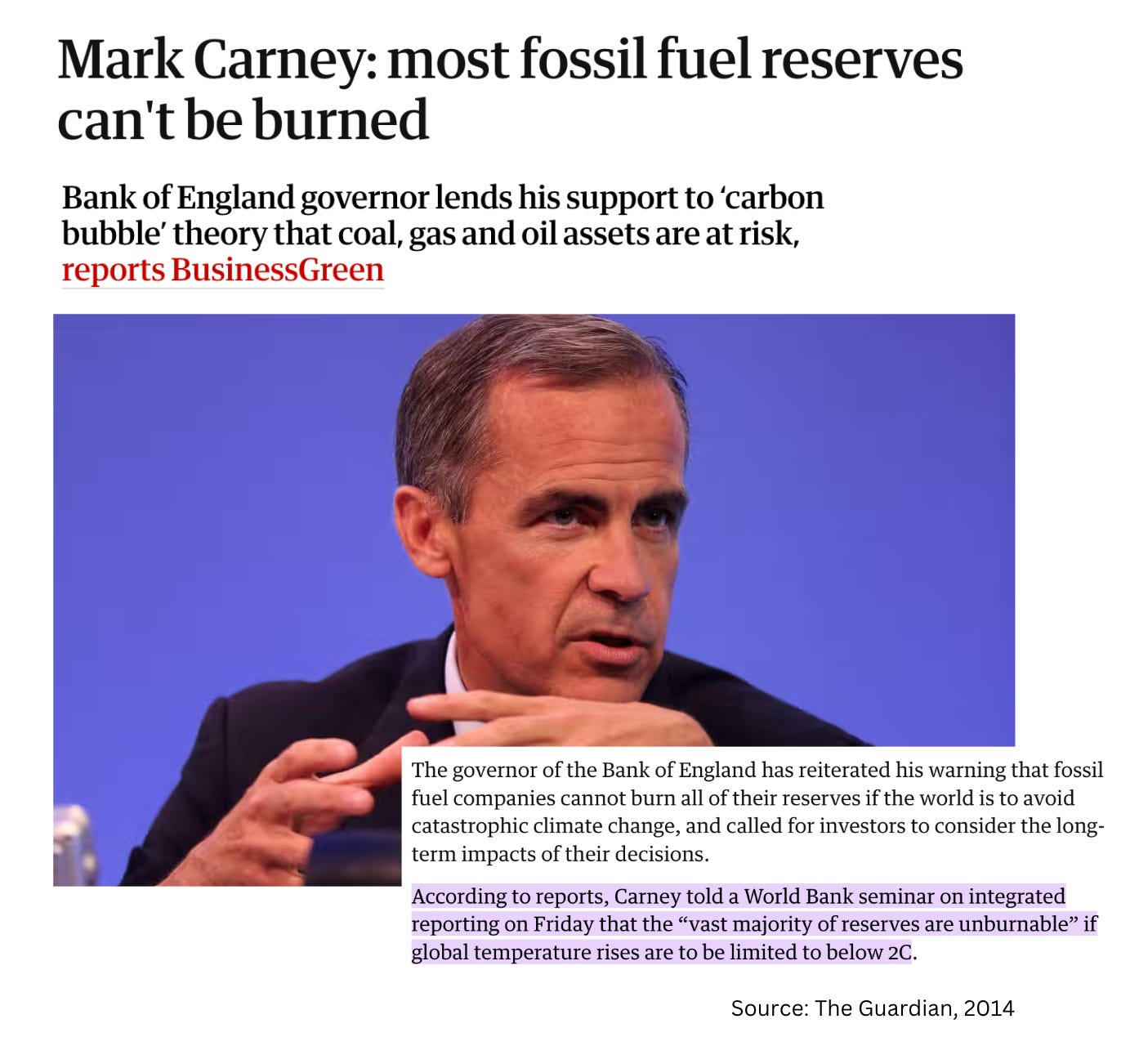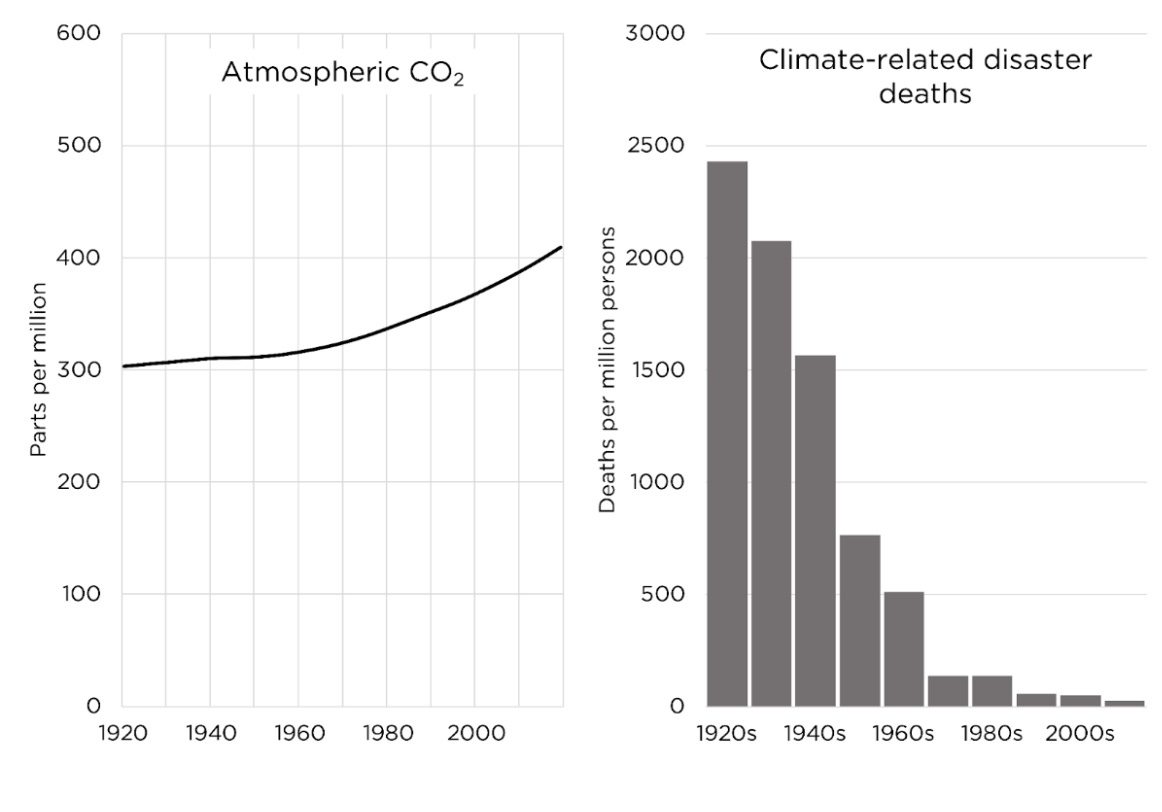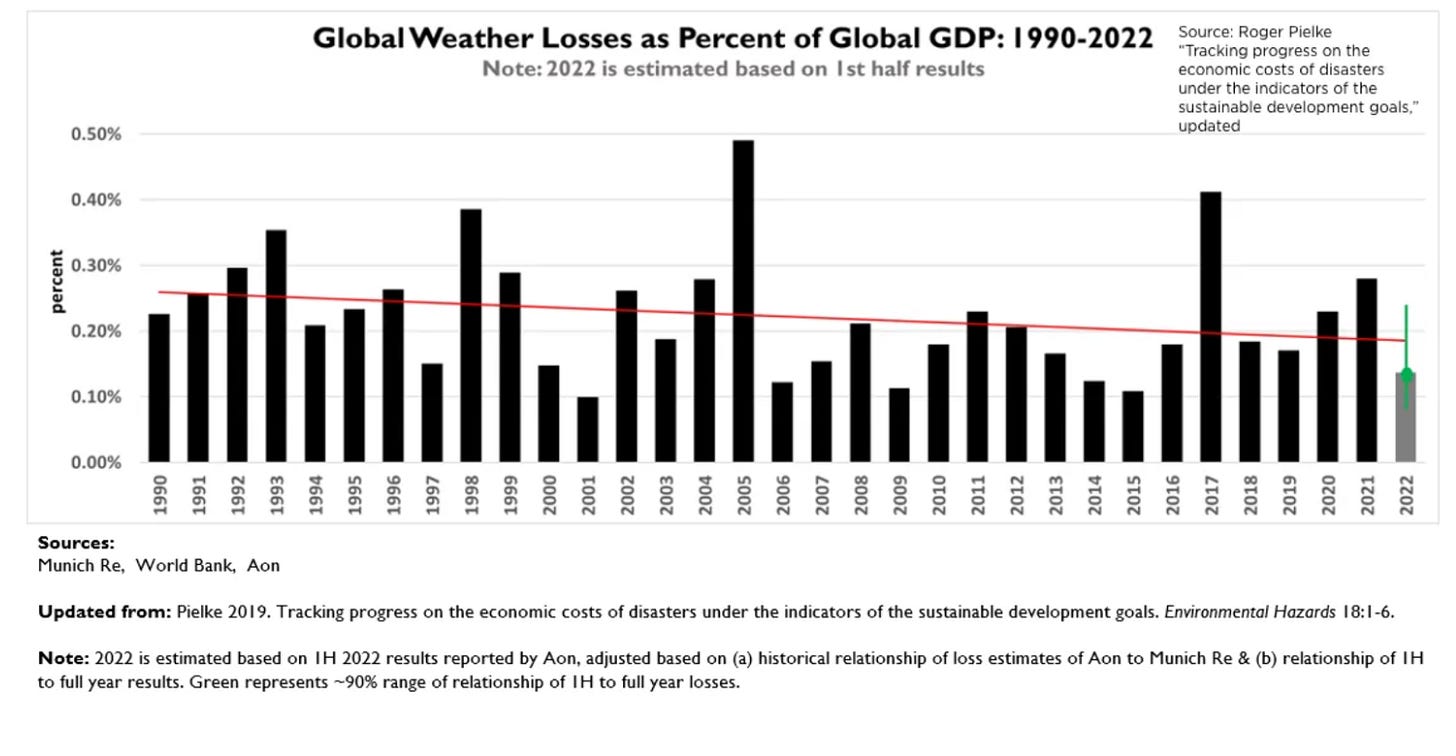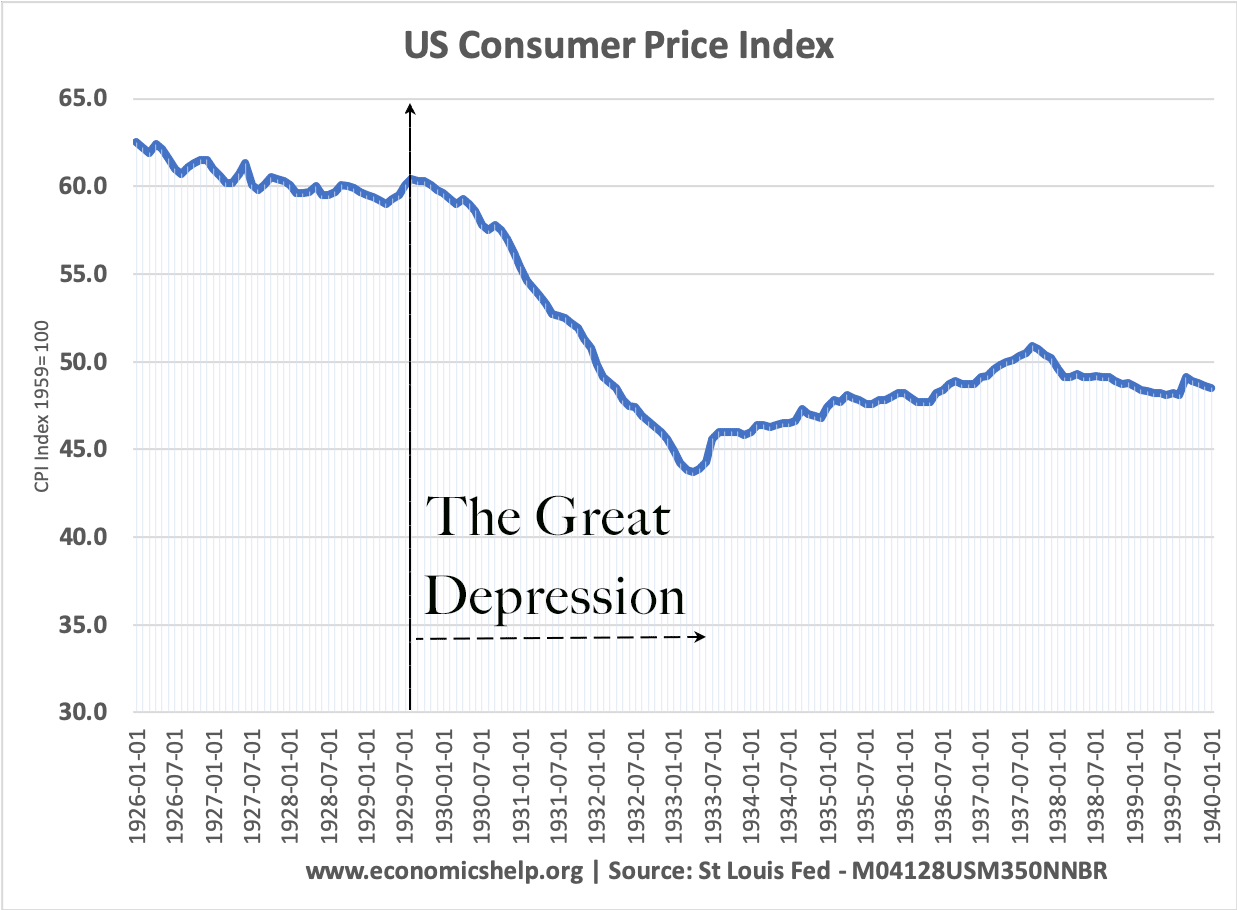Whenever inflation hits, the blame is placed on greed. Greedy fat-cat capitalists or “corporate greed” has gotten out of hand.
Here are three shattering questions it never occurs to the blamers to ask:
Are falling prices in depressions caused by lack of greed?
What about the greed of buyers and employees?
What is greed and why is it considered economically powerful?
And falling prices are caused by . . .?
It’s been a long time since significant deflation has hit us, but it sure did in the Great Depression:
https://www.economicshelp.org/blog/164390/economics/how-much-will-a-deep-recession-effect-food-prices/
The “fat cats” were jumping to their death from Wall Street ledges—because of their lack of greed?
Various ad hoc devices could be called upon here: “the greed was the roaring twenties and the crash was the crack-up of that boom”; “there was a world-wide contraction”; “speculative bubbles burst.” Okay, but why don’t they call on any devices to explain inflation? No, the appeal to greed is satisfying. It answers all questions. Why? What is it about greed that bypasses logical, analytical thought?
A full answer to that question will have to wait for the climax of this post. For now, let’s just note that “greed” is classed as one of the seven deadly sins.
What about the others’ greed?
Like sellers, buyers want to get the most value at the least cost. Why does their greed not play a role?
Employees are sellers, selling their labor services to employers. If the greed of a seller determines the price of the sale, then salaries and wages should be sky-high and rising.
The chief reply here is that the “little guy” has scant bargaining power against the giant corporation. But there’s no issue of power here. This is not a clash of armies, it’s a negotiation.
I resist going into how prices are set by supply and demand because my point is that the greed of the favored side is simply never considered. No one ever looks angrily at the poor and tells them to stop being greedy. Greed by those who have less is not looked at, because it is held to be morally proper.
What is greed?
A morally neutral definition of “greed” would be: an intense desire to have ever more wealth. But that definition would not lead one astray, economically. The definition behind the attacks on the rich is: greed is an intense desire to have more than one deserves.
What does one deserve? An equal share of the available wealth. Why? What entitles anyone to any given amount of wealth? Christianity and Marxism unite in saying: need.
“From each according to his ability, to each according to his need.” Marx, “Critique of the Gotha Program”
“Do nothing out of selfish ambition or vain conceit. Rather, in humility value others above yourselves, not looking to your own interests but each of you to the interests of the others.” Philippians 2:3-4
“. . sell all that you have and give to the poor” Mark 10:21
The whole meaning of the Christ legend is "For God so loved the world that He gave His only begotten Son” John 3:16
Am I then saying that the whole reason for blaming things on the rich is the morality of self-sacrifice?
Yes. That’s exactly what I’m saying.
Whether it’s in the form of religion or the secularized version of it advocated by Kant, Comte, Marx, and sundry egalitarians, it’s the anti-achievement morality that blinds people to known economic law.
Those who believe a practice is evil are set up to think it is also destructive. That is why they rest with as silly an explanation for rising prices as greed.
Why do baseless biblical notions of what is moral persist in the modern world?
Because all roads lead back to philosophy. And philosophers, starting with David Hume, have convinced themselves, and taught us, that reason cannot enter the field of morality, that “is” and “is not” are factual matters to be settled by science, but “ought” and “ought not” are value-issues, which must be ceded to faith and feelings.
The purpose of a moral code is to provide guidance for the individual, to identify what, in principle, is good for his life or destructive of it. If reason is barred from providing guidance, the only human faculty left that could seem to supply it is feelings. And this is indeed what moral philosophers, from Kant onwards, appeal to.
For Kant, the appeal was to an intuition of a hidden, mystical dimension (noumenal reality); for contemporary philosophers, it’s “our intuitions”—without even the (made-up) noumenal realm. We “just feel” that Mother Teresa is a moral hero and Bill Gates is not. And the duty to serve “the most vulnerable among us” is a “shared intuition” we all have.
Well, some of us don’t. Some of us demand the application of reason to all fields—to ethics most of all. Some of us salute this from Ayn Rand:
Now there is one word - a single word - which can blast the morality of altruism out of existence and which it cannot withstand - the word: "Why?"
Why must man live for the sake of others? Why must he be a sacrificial animal? Why is that the good? There is no earthly reason for it - and, ladies and gentlemen, in the whole history of philosophy no earthly reason has ever been given.
[“Faith and Force: The Destroyers of the Modern World” in Philosophy: Who Needs It]
A widespread understanding of the economics of freedom will not come until the bogey man of “greed” and the biblical injunctions to sacrifice yourself are replaced by the morality of value-achievement, the morality of rational self-interest.
The logical proof of that morality, a proof that slices through the Humean-Gordian knot, can be found in Rand’s “The Objectivist Ethics,” in The Virtue of Selfishness: A New Concept of Egoism.
(Hint: the proof is inductive, not deductive. See my letter to philosopher Robert Nozick, reprinted by the Ayn Rand Society an affiliated group of the American Philosophical Association.)

